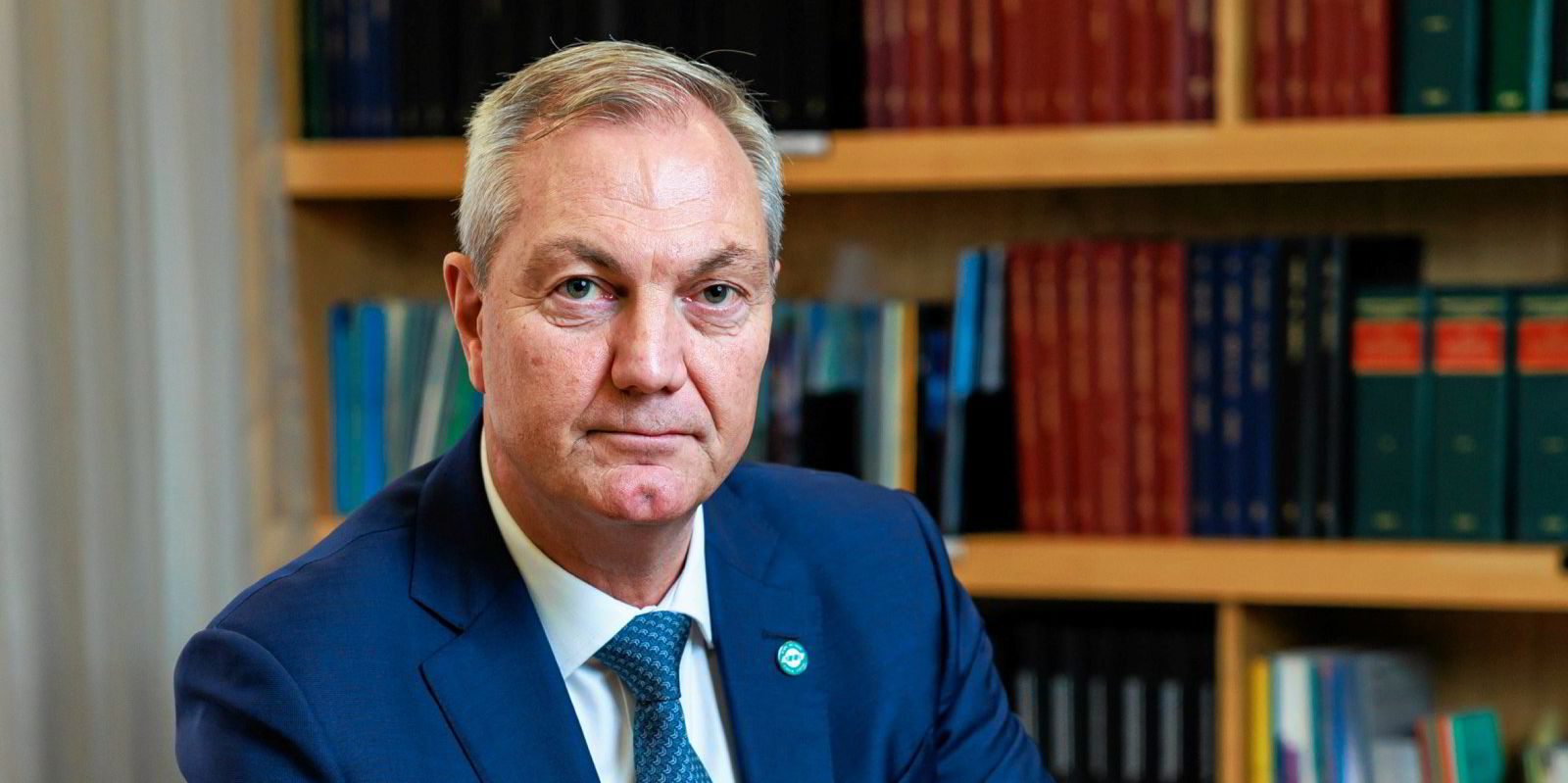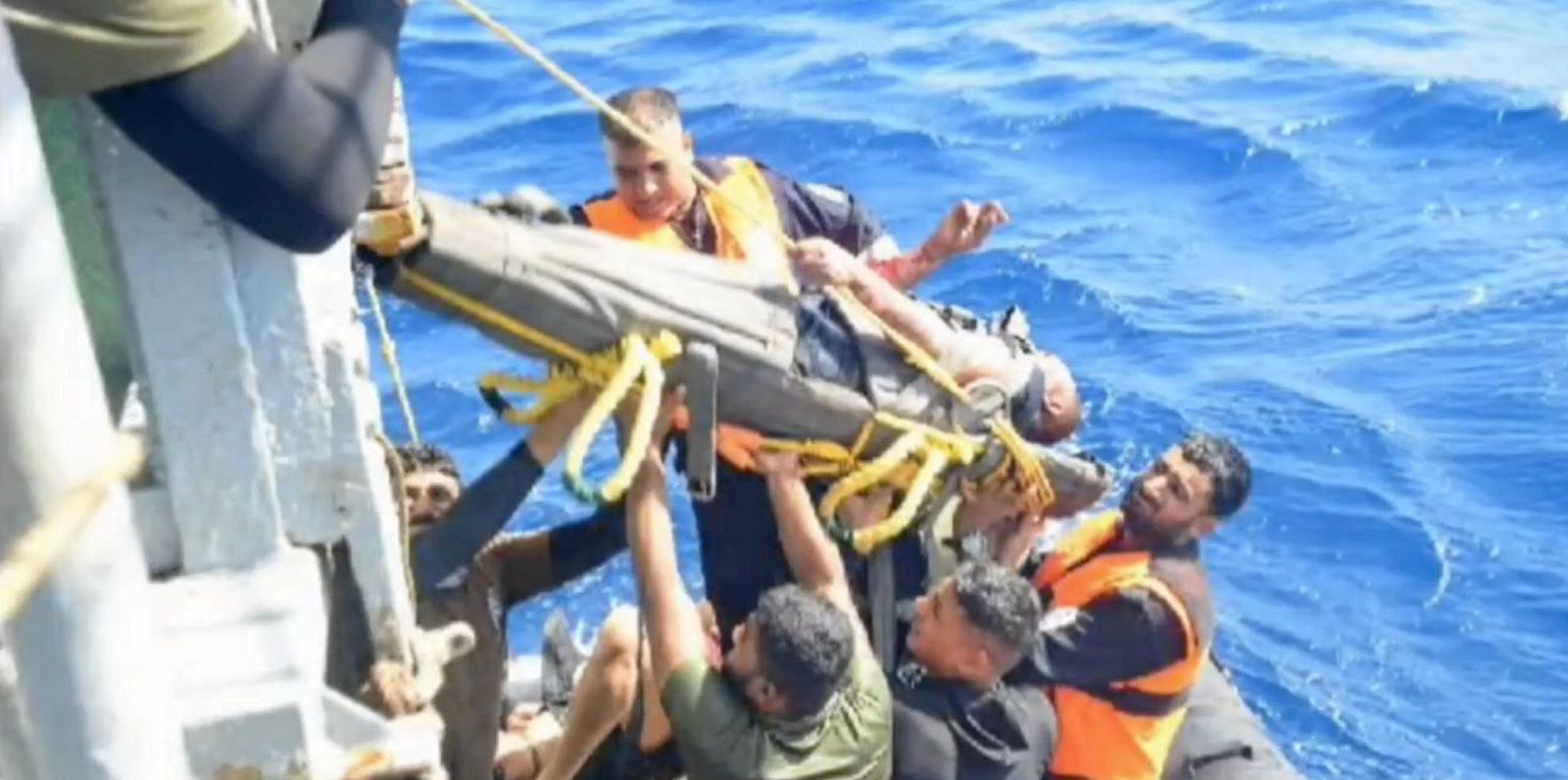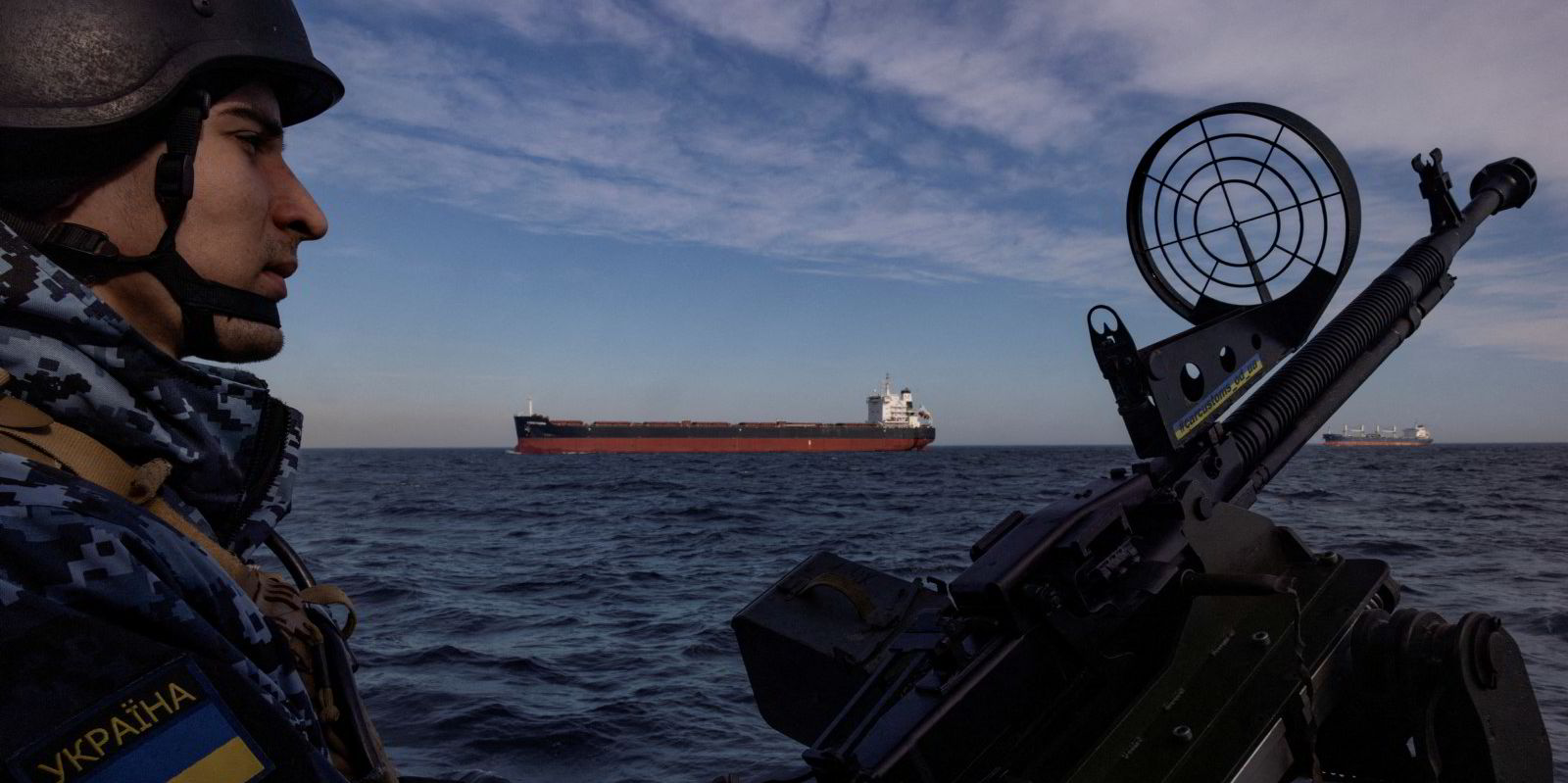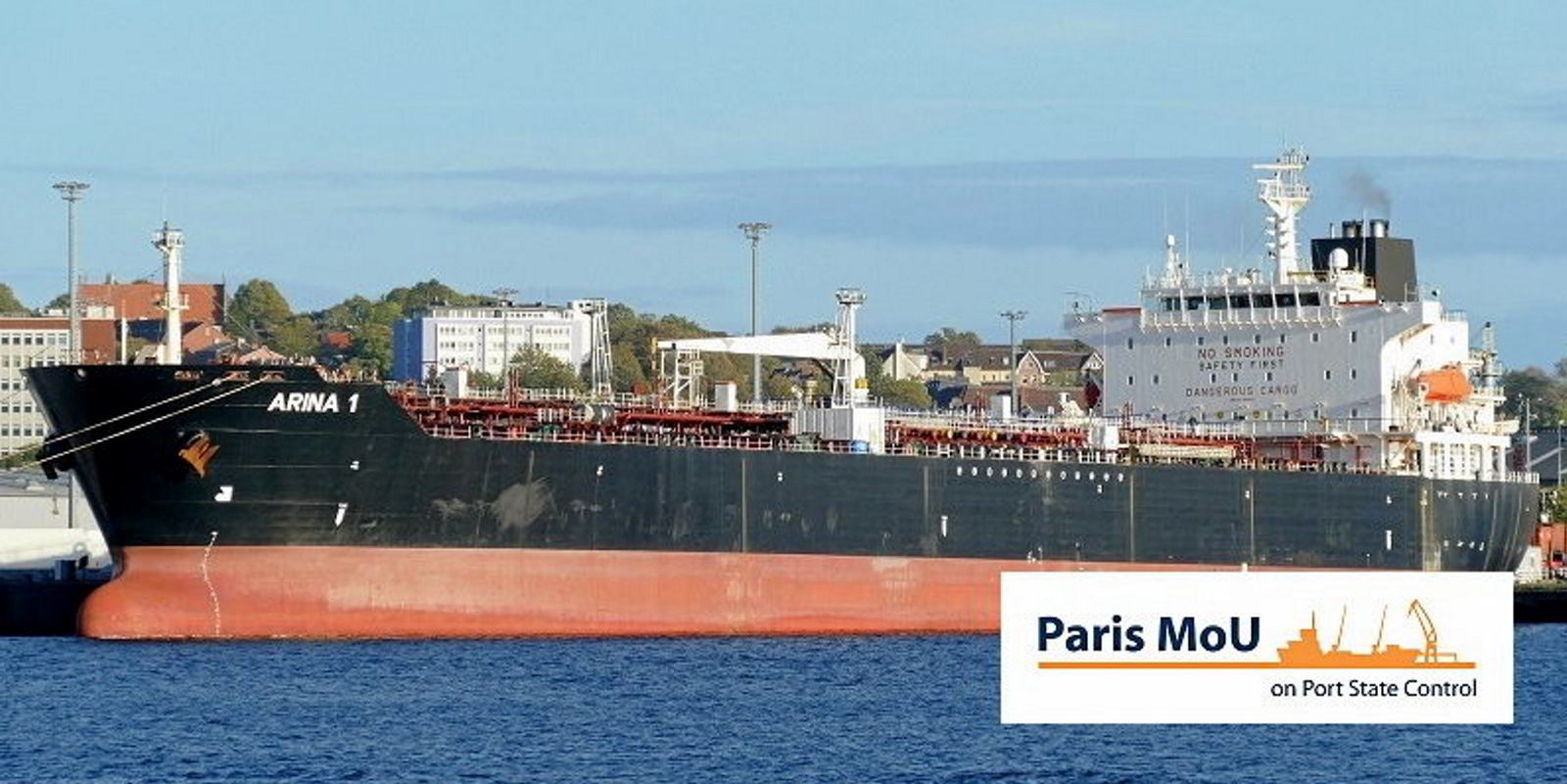Flag states have tried to undermine the system for weeding out substandard tonnage by cutting secret deals with port inspectors to stop their ships from being detained.
Several attempts were made in the past year within the European and north Atlantic region to subvert a system designed to be the second line of defence against poorly maintained and unsafe shipping, according to a senior official.
The head of Europe’s port state control system declined to identify the flag states behind the reported approaches, but said they were not just small registries with limited tonnage already known as poor performers.
It was not known whether money was offered by flag states as part of the deals or the extent of approaches to officials in the other nine port state control regions.
Most of the reported approaches were from flag states outside of the 28-nation group of the Paris MoU, said Luc Smulders, its secretary general.
No approach is known to have been successful. They were also believed to have approached port officials within their own regions, he said.
“This is a really concerning development,” Smulders told TradeWinds.
Under the secret system, PSC officials were encouraged to make a phone call to the flag state if one of their vessels was about to be detained for failing to meet safety, security and environmental standards or for the poor treatment of crew.
The flag state, which has primary responsibility for the condition of vessels in the registry, would promise to step in to deal with the problems, as long the ship was not detained and was kept off the public list of vessels held until the problems were solved.
Officials believe the reason for the approach is largely commercial. Poorly performing flags with the highest numbers of detentions are publicly identified by the Paris MoU and other regimes.
The worst performers are subject to enhanced inspections by port authorities and snubbed by top-tier shipowners.
“It’s in the interest of flag states to have a good ranking in those lists,” said Smulders. “So if their ships are not detained, their position on the lists will be higher.
“As a result, their ships will be targeted less and be more attractive. I started hearing about this a few years ago and last year it happened two or three times.
“It was a surprise to learn that it did not only concern small flag states with a low position on the performance list.”
The issue was raised at a meeting this month of the Paris MoU committee in Madrid, and the group went public with its concerns.
In a statement, it said it was concerned about “apparent attempts by some flag states to conclude bilateral agreements with port states to avoid detentions. The Paris MoU committee stressed that such attempts are not acceptable.”
The number of ships detained under the Paris MoU hit the highest level for a decade in 2022, according to the group’s most recent annual report, when it accused owners and flag states of failing to take sufficient responsibility for the state of ships.
It said the failures of flag states and owners had increased the importance of PSC as a line of defence. Flag states have primary responsibility for ensuring that shipowners comply with the rules, and PSC is supposed to be a back-up second line of defence.
But the report revealed that more than 4% of vessels were detained from 17,289 inspections in 2022. The highest proportion of detentions was for ships flagged by Moldova, Cameroon, Tanzania, St Kitts & Nevis and Algeria.
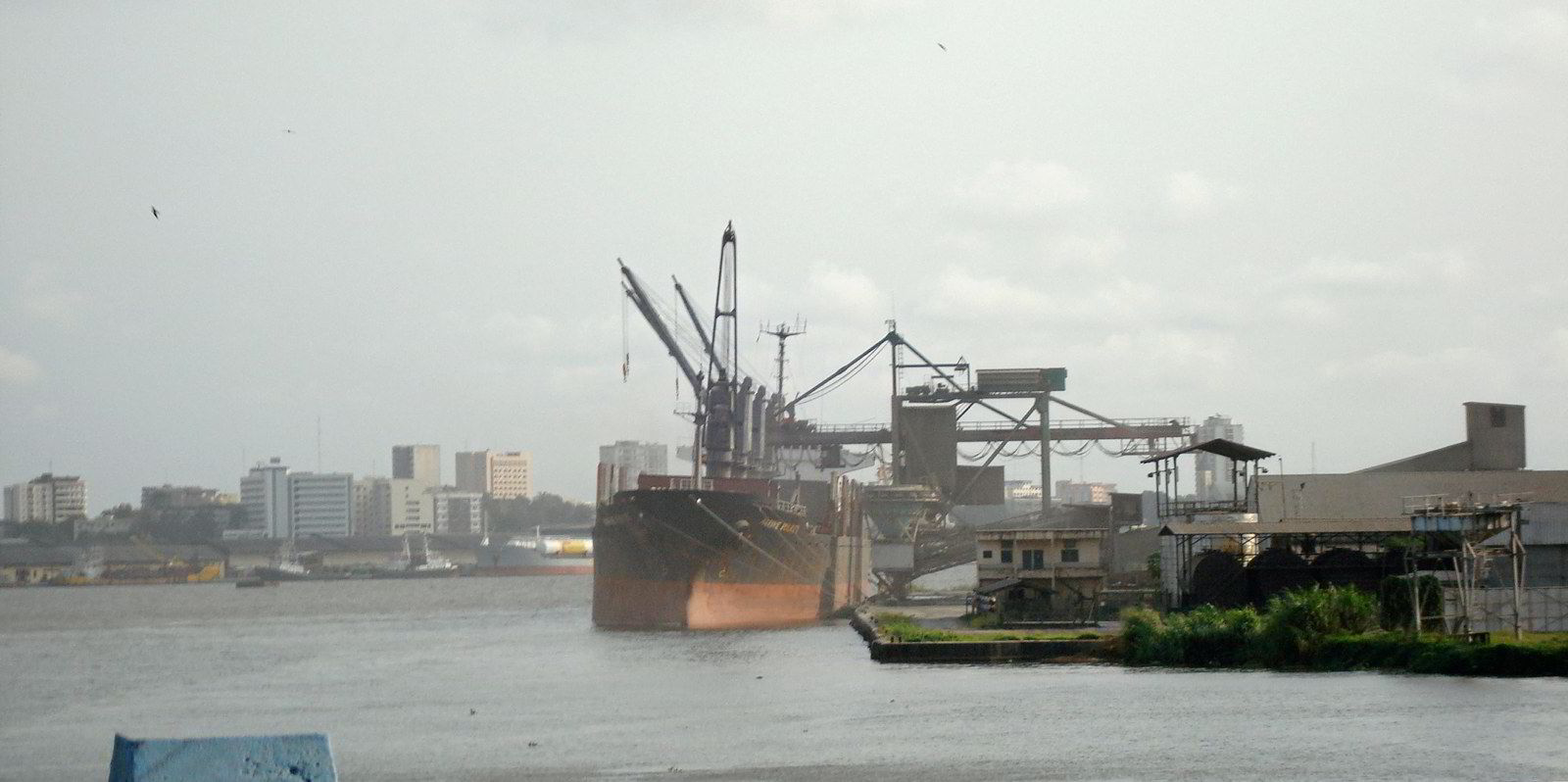
But instead of some flag states upping their game, some of the unidentified registries appear to have attempted to game the system by acting only when ships are about to be detained.
“In principle, a flag state taking responsibility is never a bad thing in all other circumstances — but not this one,” said Smulders.
“Some people are naive. They may think flag states taking responsibility is a good thing – so it’s about making them aware.”
Concerns over the regulatory role of flag states in policing global shipping have risen because of the shadow fleet of elderly tankers. Some of them are known to be subject to limited inspection, oversight and insurance.
Small ship registers have become a popular choice for buyers of secondhand tonnage put to work in Russian oil trades.
Cameroon, Gabon and Tanzania are among the flag states that have grown rapidly since the invasion of Ukraine, albeit from low numbers.
The International Maritime Organization has called for more action from flag states, including being stricter about ship-to-ship transfers servicing shadow fleets circumventing sanctions.
Paris ranks 66 flag states based on the proportion of detentions to inspections.
It lists 39 registries in the top tier white list, 19 on its grey list and nine on the worst-performing black list. Cameroon is the only registry currently listed as “very high risk”.
The list is compiled based on inspections and detentions over a three-year rolling period and includes only registries with at least 30 inspections during that period.
Read more
- Tanker avoids angry charterer’s arrest attempt by hitting the beach at Alang
- Anglo-Eastern-linked bulker banned from Australia over ‘serious’ engine defects
- Probe begins after black smoke seen billowing from product tanker in Gibraltar
- RINA tops Australian port state control detention rate league
- Ukrainian monitoring group turns spotlight on tankers busting EU’s Russia sanctions

